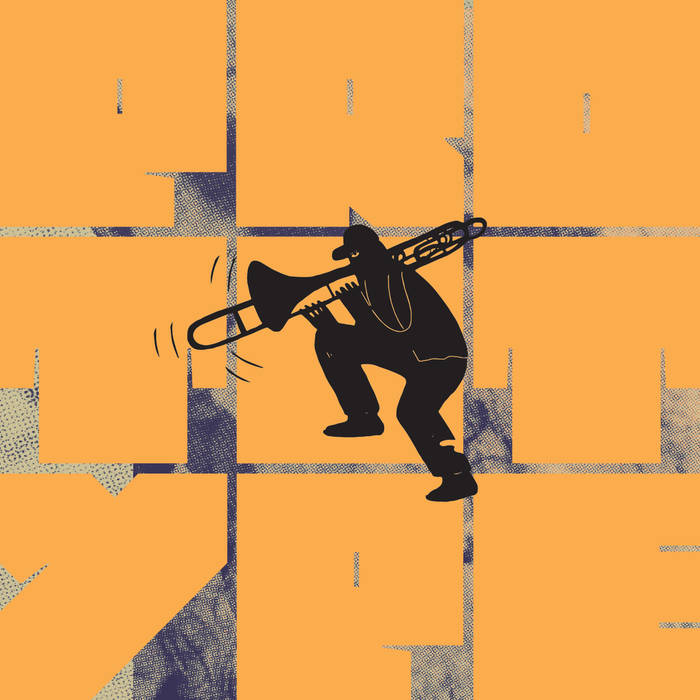Reginald Chapman - Prototype
Written by Chi Chi Thalken on July 27, 2018Reginald Chapman is a multi-instrumentalist, composer, and arranger, originally from Williamsburg, Virginia, but now based in Brooklyn. Over the years, he’s contributed to the likes of The Mountain Goats, Megafaun, and Foxygen, while also working in groups like No BS Brass. After all this time, Chapman has finally released his first solo album, Prototype.
While Chapman can play many instruments, his main instrument is trombone, and that is the instrument that is in the forefront of this album. He fills out the album with other instrumentalists on trombone, trumpet, sax, keyboard, bass, and drums, giving himself a fairly standard jazz combo in the process. He does bring in one vocalist, Sam Reed, to lend a hand on his cover of “You Go To My Head,” which helps push the album in the soul-jazz direction just a little. With the exception of that song and an arrangement of “We Shall Overcome,” the rest of the album are original compositions. The overall sound of the album is one of progressive horn-centric jazz, drawing upon influences like Charles Mingus and Gil Evans, both in terms of the complex horn arrangements and the overall compositions that go through more motions than your typical small jazz trio or quartet. There is a slight hip hop influence to the album, mostly through the drums and bassline on a song like, “Hoodie,” which does have this laid back boom bap funk to the beat, which brings just a touch of Dilla to the proceedings, but not too much. This is a jazz album first and foremost, and the horns are always front and center in all of the compositions. Finally, it should be acknowledged that amongst everything else, Chapman has taken the time to follow in the long line of often overlooked and underappreciated political jazz musicians. Instrumental musicians can still take a stand with their music, and Chapman certainly does so with songs like “Hoodie” and his arrangement of “We Shall Overcome,” acknowledging the struggles facing African Americans in 2018.
Prototype is a bold and ambitious album from a veteran musician, and Chapman has been around long enough to make sure that the first album he was going to release under his own name would sound just right. It’s accessible enough for fans with just a casual interest in jazz to be able to enjoy it, while still having enough nuance and complexity to the compositions to please the more advanced jazz heads. Hopefully this album will help continue to fill the crossover space between hip hop fans and jazz fans.
| Title: | Reginald Chapman - Prototype |
|---|---|
| Label: | Fresh Selects |
| Year: | 2018 |
| Rating: | 8/10 |

